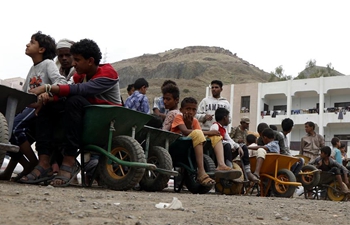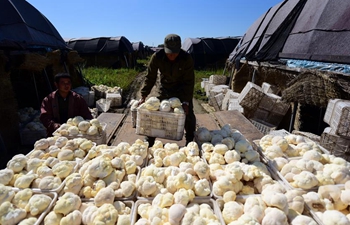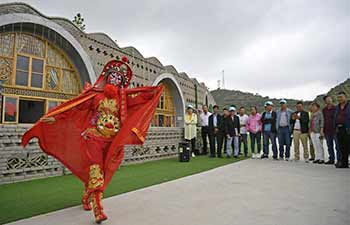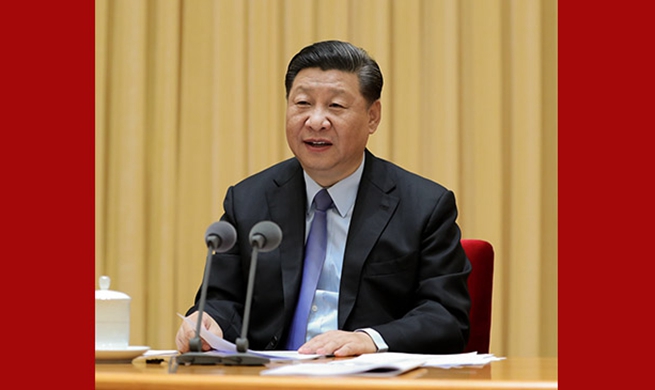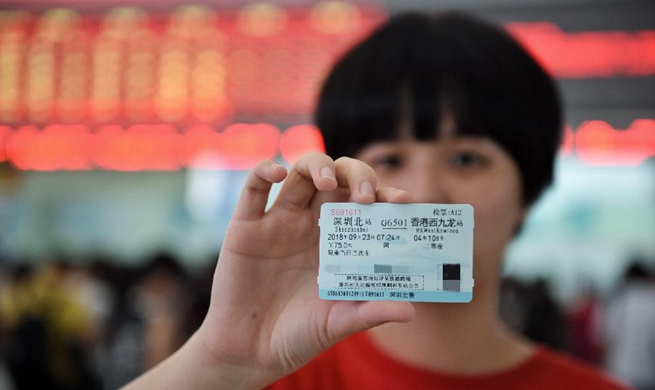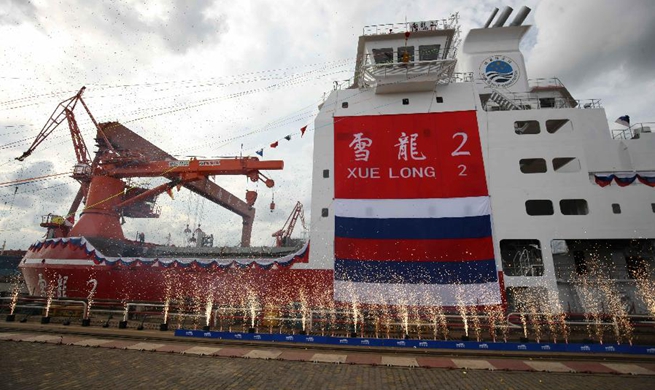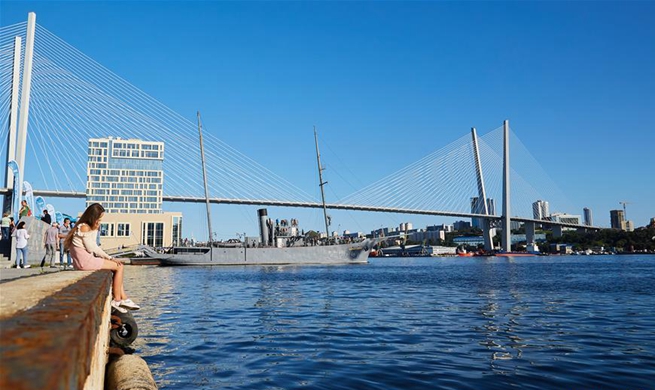MANILA, Sept. 11 (Xinhua) -- The Philippines' trade deficit widened in July this year as imports continued to accelerate outpacing exports that barely grew during the month, the government said on Tuesday.
The Philippine Statistics Authority (PSA) said on a statement that the Philippines' deficit widened to 3.55 billion U.S. dollars in July, higher than the 3.35 billion U.S. dollars recorded in June but lower than the 3.37 billion U.S. dollars deficit recorded in May.
"The country's balance of trade in goods increased to a 3.55 billion U.S. dollars deficit in July 2018, from the 1.31 billion U.S. dollars deficit in July 2017," the PSA said.
The PSA said the Philippines' total export sales posted an increase of 0.3 percent from 5.83 billion U.S. dollars in July 2017 to 5.85 billion U.S. dollars in July 2018.
"(The Philippines') total external trade in goods in July 2018 reached 15.25 billion U.S. dollars, indicating an increase of 17.5 percent from 12.97 billion U.S. dollars recorded during the same month in 2017," the PSA said.
This was due to the increases posted by six out of the top 10 commodities for the month led by exports of miscellaneous manufactured articles; fresh bananas; electronic equipment and parts; other mineral products; metal components; and electronic products, the PSA said.
On the other hand, the PSA said the total imported goods for the month of July 2018, amounting to 9.40 billion U.S. dollars, grew by 31.6 percent from 7.14 billion U.S. dollars posted during the same month in 2017 or an annual growth rate of 31.6 percent.
The increase was due to the positive growth of the nine out of the top 10 major import commodities for July 2018, the PSA said.
These include iron and steel; transport equipment; miscellaneous manufactured articles; electronic products; telecommunication equipment and electrical machinery; mineral fuels, lubricants and related materials; cereals and cereal preparations; plastics in primary and non-primary forms; and industrial machinery and equipment, the PSA said.
To boost exports, Socioeconomic Planning Secretary Ernesto Pernia stressed the need to promote forward and backward linkages, noting that the high cost of domestic and international shipping and cargo handling also needs to be addressed.
"Addressing costs of trade will ensure that imported goods, especially capital and intermediate products, are less expensive and are efficiently utilized in the country's Build, Build, Build program," Pernia said.
